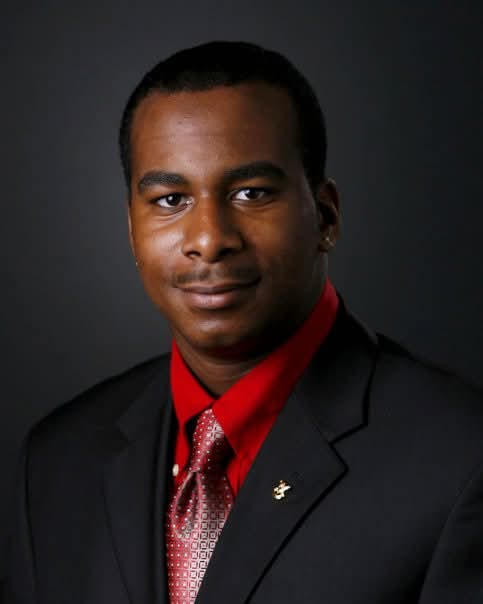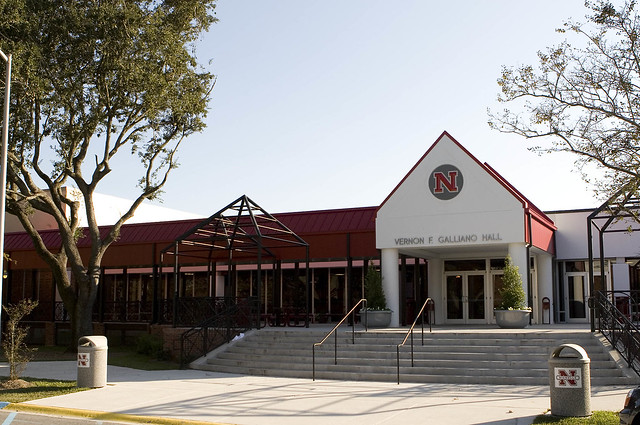Nicholls State University has joined Project Degree Completion, an initiative to help build the instructional agenda for public universities and colleges and a nationwide effort to increase the number of college graduates.
The University, along with 480 other institutions, including all schools in the University of Louisiana system to which the University belongs, have pledged to increase the number of college graduates over the next 14 years.
“Project Degree Completion, a Public University Initiative, is an initiative that institutions have committed to increase the number of degrees awarded from 14.6 million to 18.4 million degrees over the 14 years,” The American Association of State Colleges and Universities said. This program will help achieve the goal of 60 percent of adults, 25 to 64 years of age, possessing a college degree by 2025.
Project Degree Completion is making a commitment to increase the number of bachelor’s degrees by 3.8 million by 2025. As a whole, public universities and colleges award just over one million degrees annually, according to The American Association of State Colleges and Universities.
“Project Degree Completion is an unprecedented initiative that will drive the instructional agenda of public universities and colleges in the years ahead,” Peter McPherson, president of the Association of Public Land-Grant Universities, said in a press release.
Vice president of Student Affairs Eugene Dial weighed in on Nicholls’ participation.
“I think it is good that the University is participating in things that can enhance graduation rates and reduce the time it takes to complete a degree, while benefiting the University and the individual students by reducing the long term cost of attendance,” Dial said.
In an Oct. 25 press release to the University, University President Stephen Hulbert was also enthusiastic about the program.
“Nicholls is pleased to join this nationwide effort and show our solidarity with other universities on this important initiative,” Hulbert said in the press release.
The commitment that the institutions signed includes eight statements that the institutions are saying they will commit to. The statements in the commitment are eight ways for the institutions to increase the graduation rates. They include:
* Achieve 60 percent of adults possessing degrees by 2025 and the institution will publicly track the progress.
* To make an effort to contact previous students of the institutions that have not obtained a baccalaureate degree.
* To ensure that the education quality is enhanced and not diminished to obtain this goal.
* To uphold the principles of student access, success and diversity in this pursuit.
* To decrease the time it takes for a student to obtain the degree.
* To keep the cost down on a per student bases while increasing the quality.
* To work closely with elementary schools, high schools and community colleges.
* To support economic growth in our regions, states and country including research and innovation, commercialization of technologies, and economic development.
According to The American Association of State Colleges and Universities, “States must provide sufficient appropriations to support students and the discovery of new knowledge, while the federal government must maintain its commitment to student financial aid, support for research and innovation, and encouragement of states to continue their support for public colleges and universities.”
If budget cuts continue, however, the University may have a problem meeting the goal.
“Since budget cuts reduced the number of faculty, it has been difficult on the number and variety of classes,” Dial said.
In the long run, the reduction of classes offered and the variety of classes can ultimately increase the time it takes to obtain a bachelor’s because the classes are just not available.
“An important aspect of the pledge is its call for renewed partnership with state and federal government,” Hulbert said in the Oct. 25 press release. “Critical to the future of higher education is a reversal of the political trends that have left universities with no choice but to raise tuition to make up for the loss of state funding.”
According to an Oct. 11 press release, the University has seen an increase in graduation rates this year already.
“Due to a successful transition to selective admissions, the University has posted the highest increase in graduation rates among Louisiana’s 12 public four-year universities that reported figures to the Louisiana Board of Regents,” it stated. “The University now has the highest graduation rate among Louisiana’s regional universities and the fourth highest among institutions statewide.”
The Oct. 25 press release informed that the University has been making progress towards increasing graduation rates, and the University will continue plans to achieve the national goal.
University joins initiative to increase graduate numbers
Pauline Wilson
•
November 1, 2012
0
More to Discover













